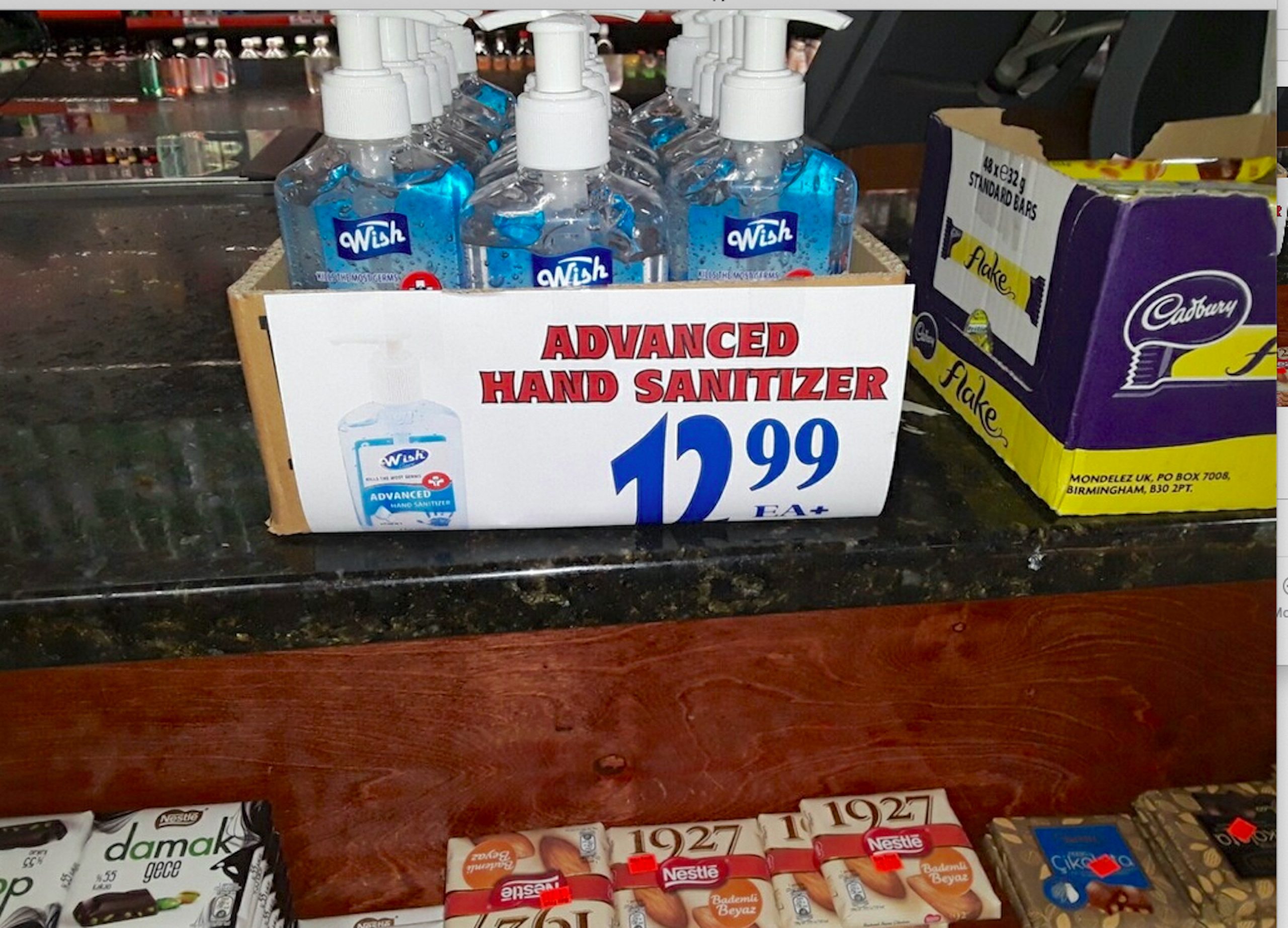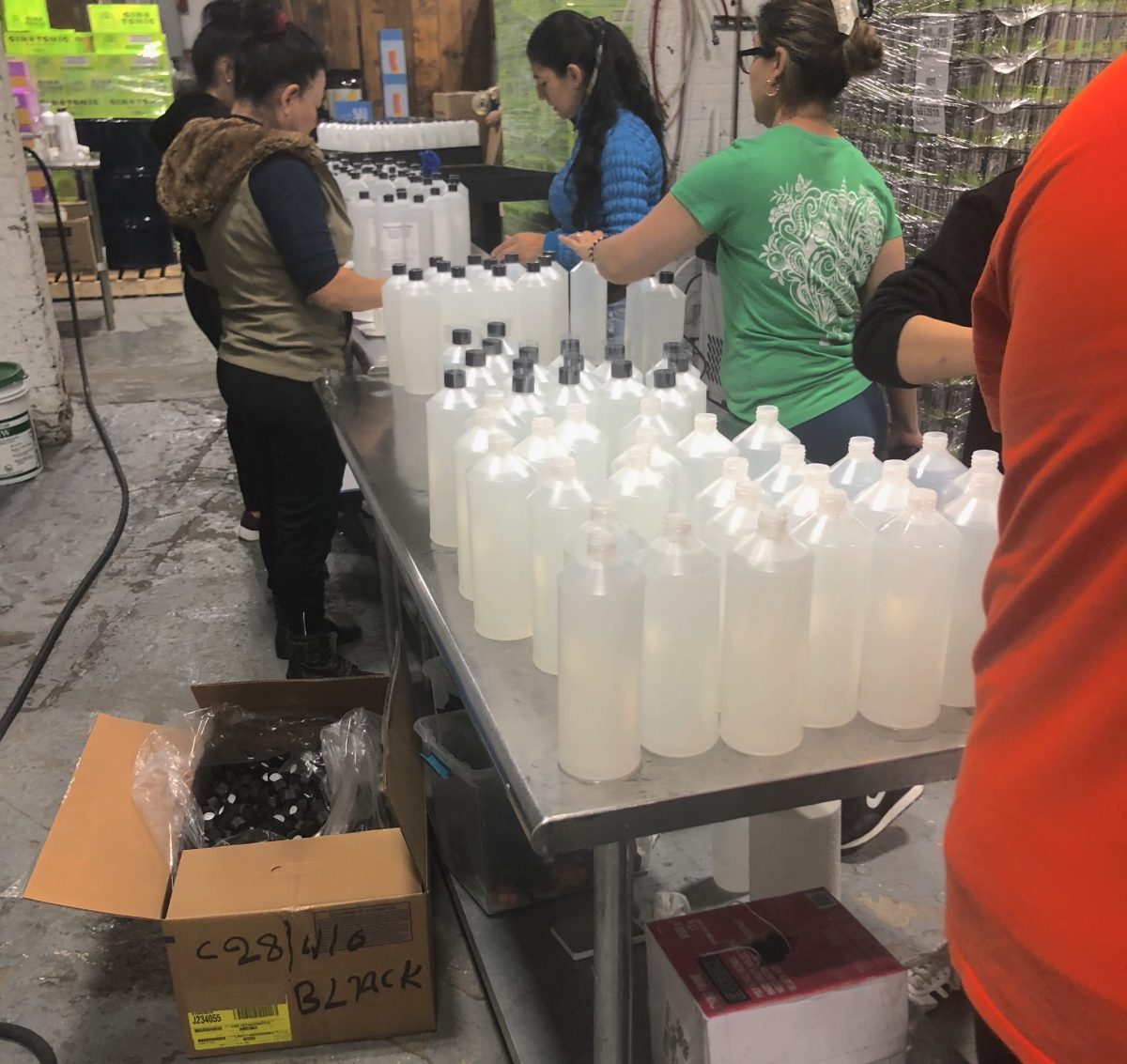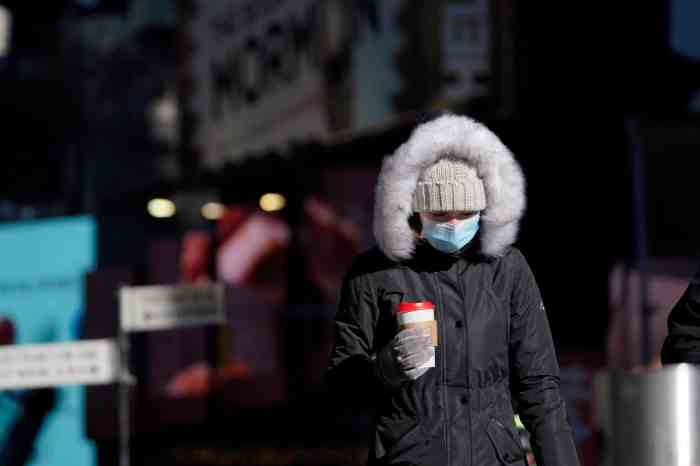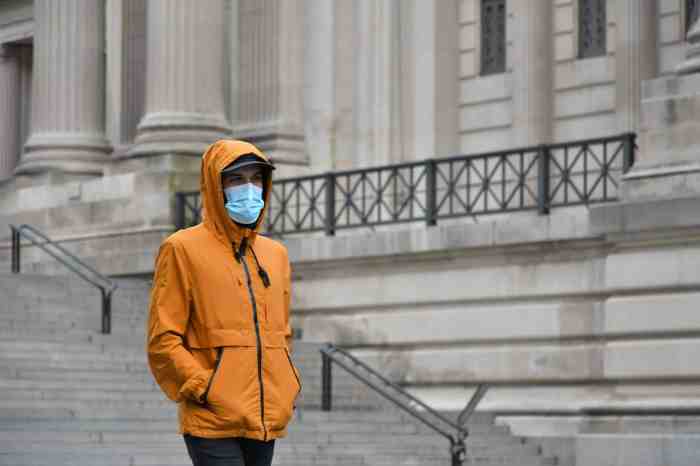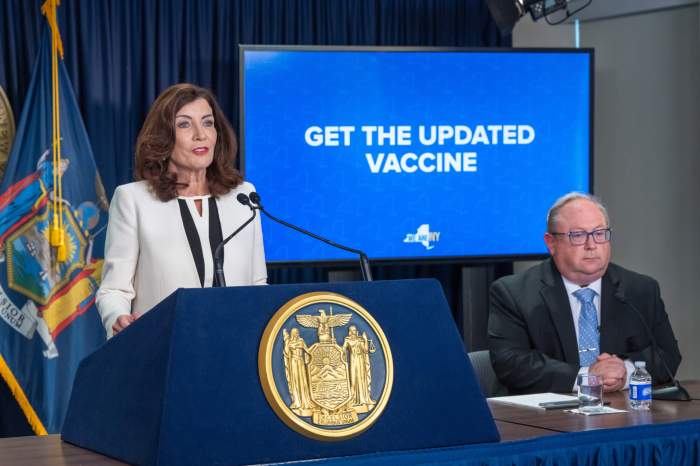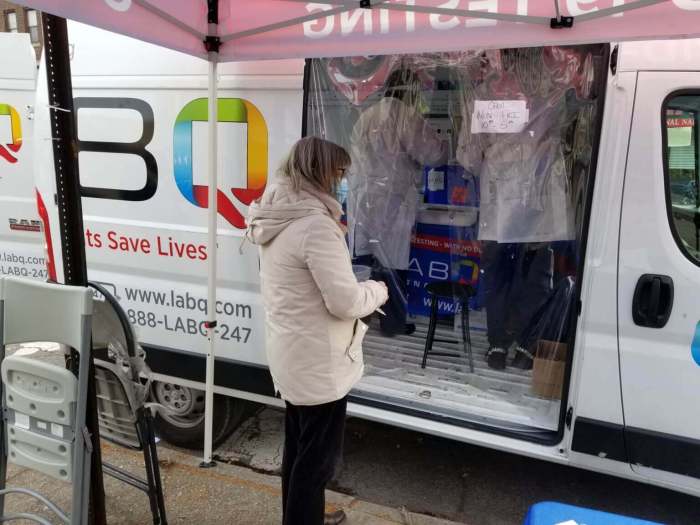Distilleries across the city are finding demand for their spirits are drying up, but some are smartly pivoting to making hand sanitizer to help supply city and state hospitals who are running short on supply to help medical professionals prevent coronavirus in their ranks.
Shelves in local stores and pharmacies have been empty of hand sanitizers for the past several weeks as a result of a panic among residents that they may not have enough.
As a result, suppliers have had difficulty keeping up with demand, and in some cases, some retailers have been raising prices to sometimes the level of gouging – bringing attention from the Department of Consumer and Worker Protection that risk fines of up to $5,000.
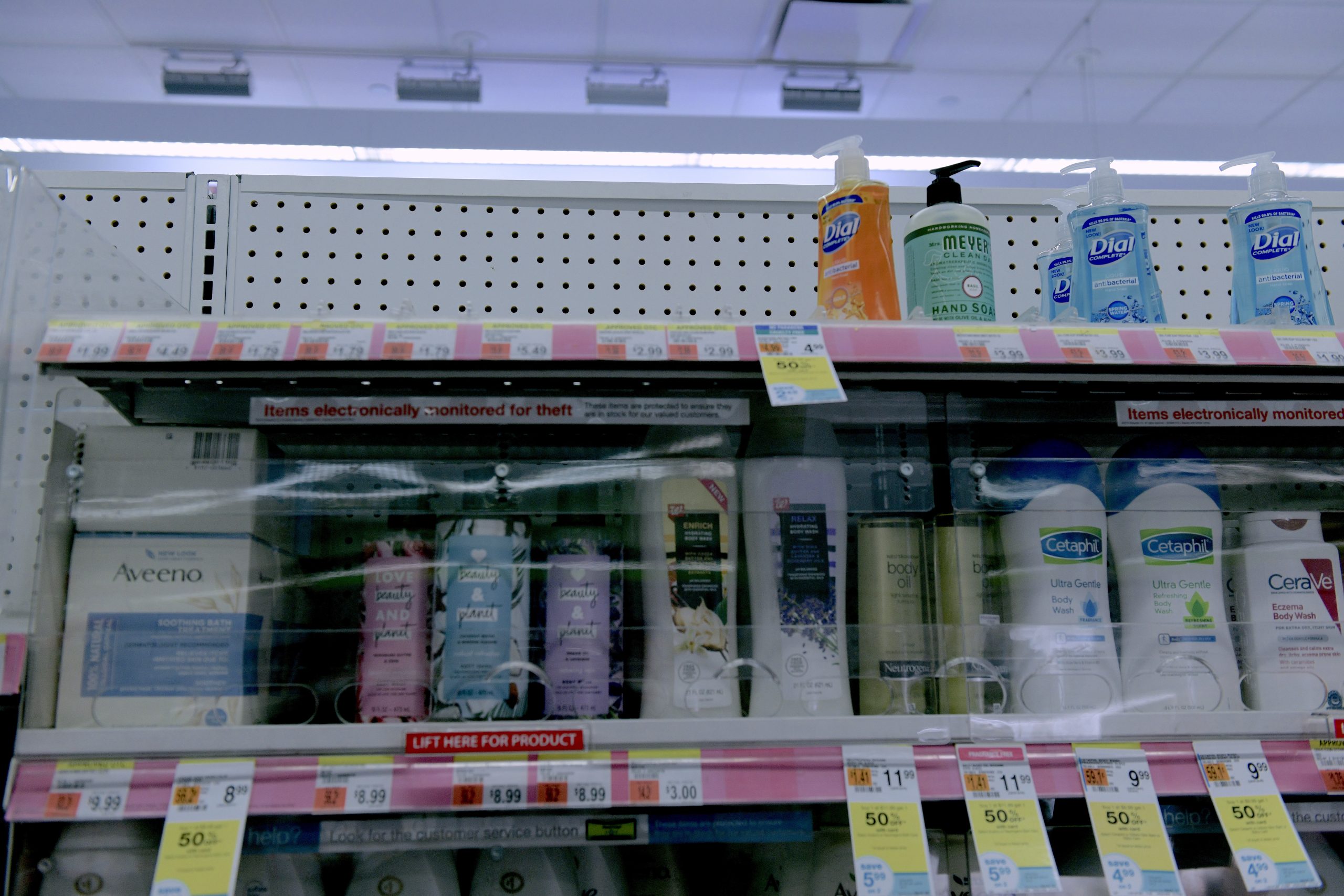
Some of the city distilleries have felt the financial crunch because most of their spirits are sold to local bars and restaurants – all of which have closed due to orders by Governor Andrew Cuomo and Mayor Bill de Blasio.
But some of the more industrious distillers are switching their production to hand sanitizer, a change in the way they distill spirits, and doing so according to the World Health Organization standards.
Alcohol that the distillers currently produce is less proof than required for proper hand sanitizer, so its taken a bit more effort to produce alcohol strong enough to make the product. There is also the problems of getting supplies, keep workers healthy and even the problems of product packaging are challenges.
Steve DeAngelo, owner of Greenhook Ginsmiths in Greenpoint, Brooklyn, said they were able to convert their production to hand sanitizer last Wednesday and are currently working to provide supplies to hospitals who have been desperately seeking to replenish their supplies.
He said his regular business, Greenhook Dry Gin is right now “zero.”
“We’ve converted all of our production to hand sanitizer as all the bars and restaurants who were buying our spirits are shut down,” said DeAngelo, noting that he was able to produce 4,200 gallons, all completely subscribed by hospitals. “Our first shipments went out yesterday (Saturday) and but it’s not as much as we’d like.”
DeAngelo said their ability to fulfill orders from hospitals will depend upon their access to raw materials and supplies. He said they are hoping to maintain several thousand gallons a week, but at this time, he expects most of the supply will go to hospitals in need.
“It’s tough to say how long our supplies will last – our first deliveries went to New York State Hospitals and we have deliveries pending to go to Long Island and the city as well,” DeAngelo said. “It’s really scary to hear how under supply these hospitals are.”
Fortunately, DeAngelo said New York State has cut red tape in his highly regulated business that has allowed them to ramp up sanitizer production.
Colin Spoelman, founder and CEO of Kings County Distillery in the Brooklyn Navy Yard, said his distillery, makers of mostly whiskey and bourbon and a brand of moonshine, says it is a bit more difficult for his company to produce hand sanitizers unlike vodka and gin makers because it requires a higher distilling to make the alcohol strong enough to meet WHO standards.
“It started out a bit tongue-and-cheek a while back, but then last week it became much more serious,” said Spoelman adding that he’s had problems maintaining staff because some people required quarantine.
“It is much more labor intensive in our distillery, but we made our first bottle today (Sunday) and we hope to get it out by Tuesday or Wednesday,” Spoelman said adding that they are having trouble getting containers, pumps and even a printer to produce labels who are not forced to shut down because of the business closures.
Spoelman said sanitizer is produced with alcohol, hydrogen peroxide and glycerin, both becoming difficult to obtain. He says making the sanitizer isn’t making a lot of “financial sense, but during these crazy times, the math goes out the window.”
In the meantime, he says most of the demand is coming from hospitals and clinics desperate to refill their supplies.
“If that service is needed then we will try to do it, but in right now, if someone gets a cough, or their roommate gets a cough, they are off for 14 days,” Spoelman said. “We only allow three people on the floor of the distillery at a time and we are happy to keep people working.”
Attempts to reach six other distilleries in Brooklyn, one in Manhattan and another in the Bronx, have yet been unsuccessful, mostly because their businesses are closed. However, state officials are urging those businesses to help with the supply and possibly be deemed an “essential service.”
